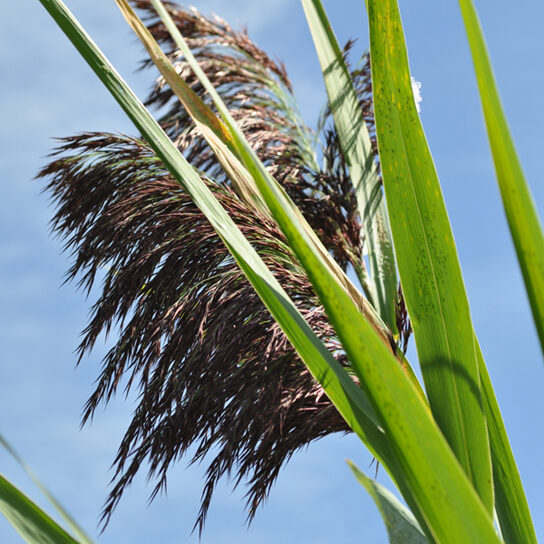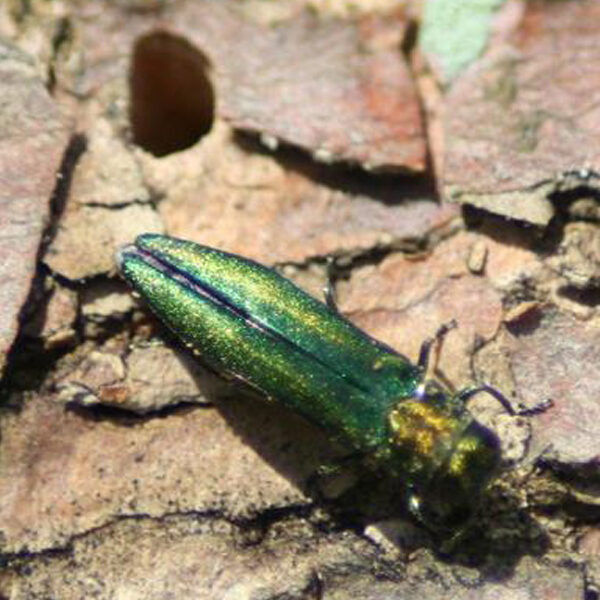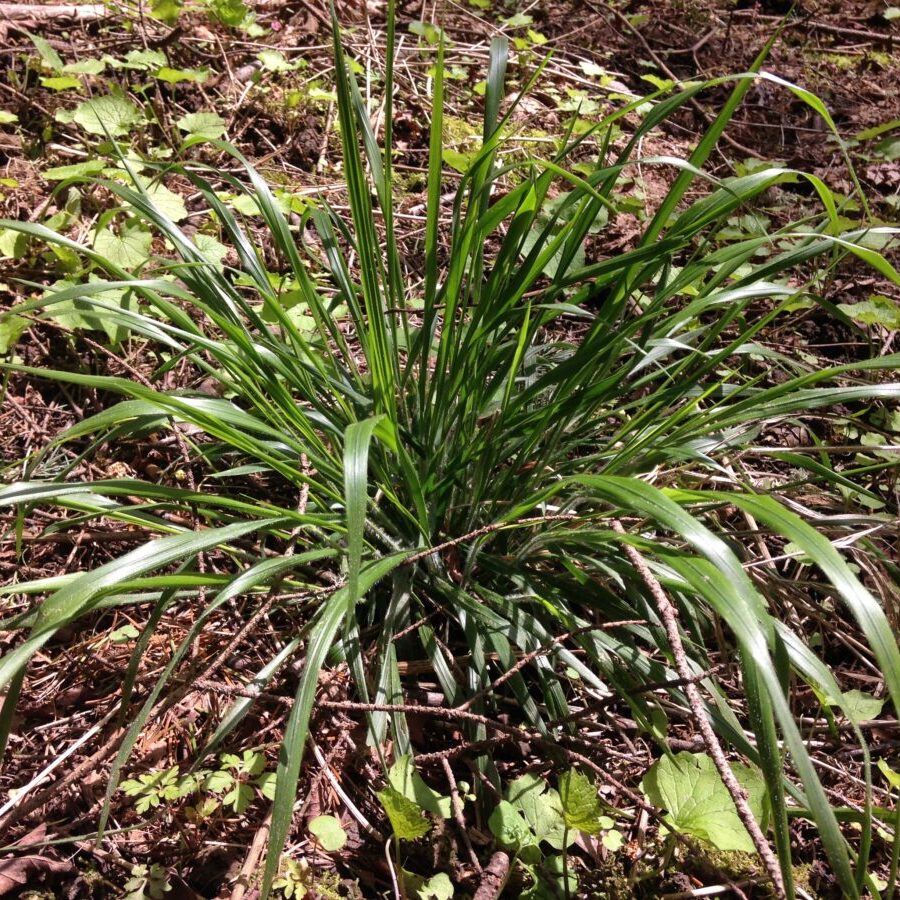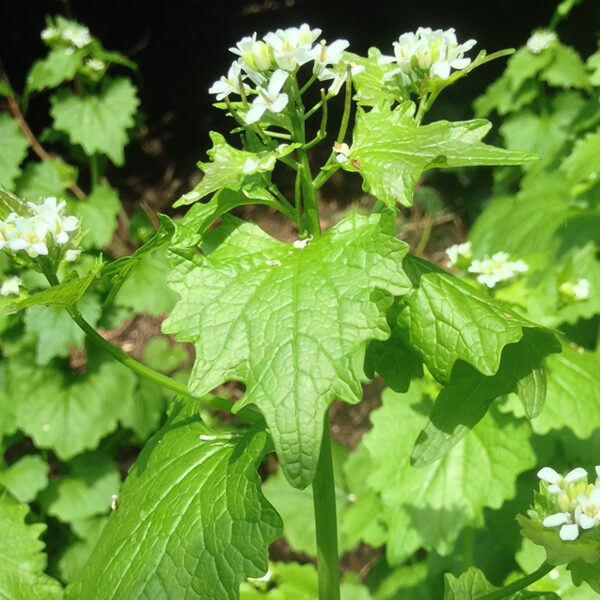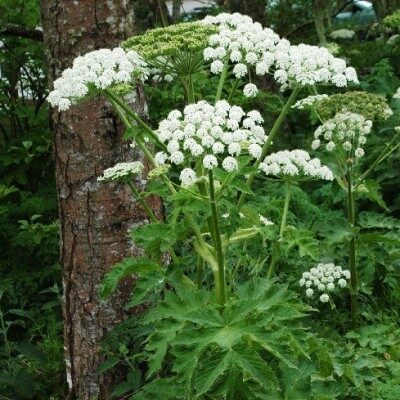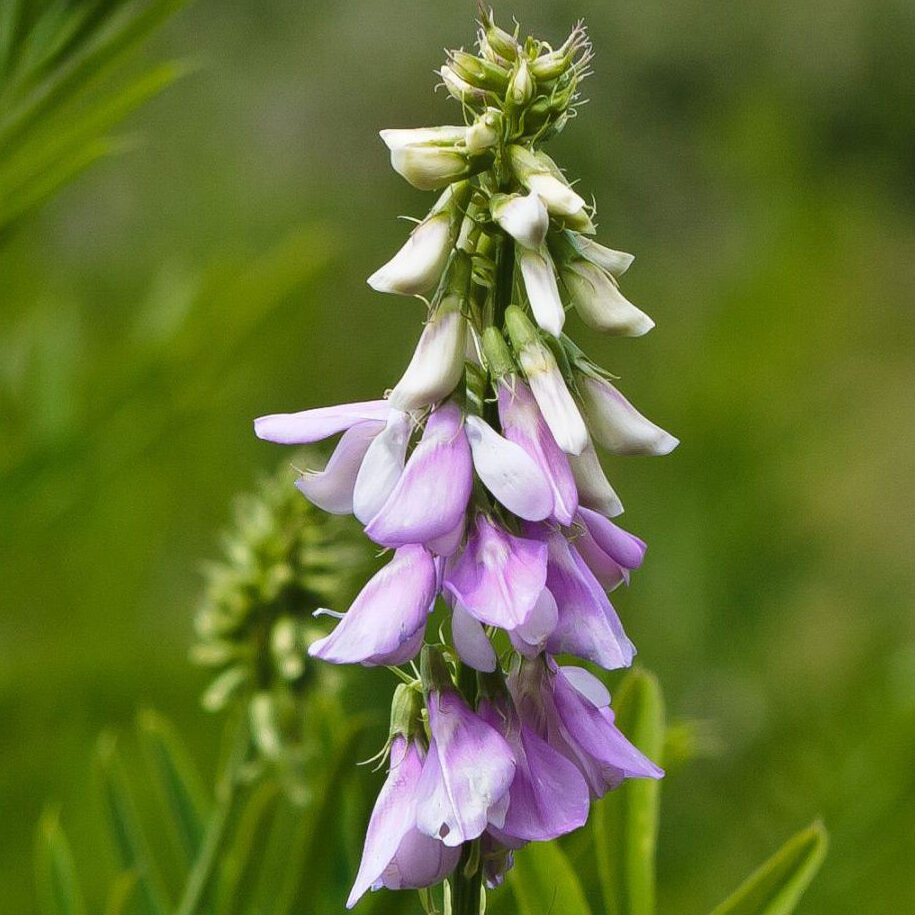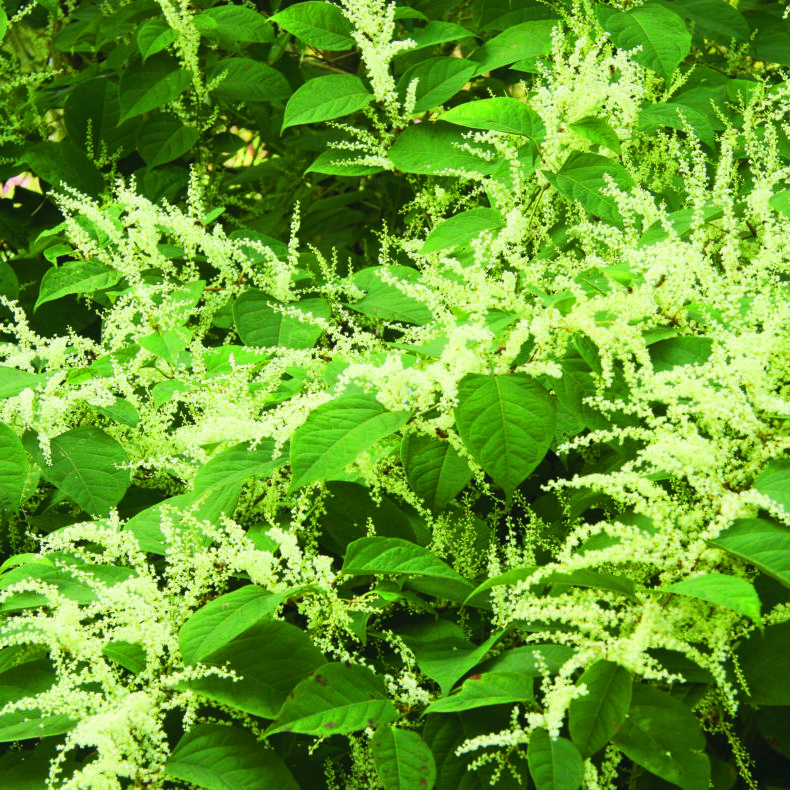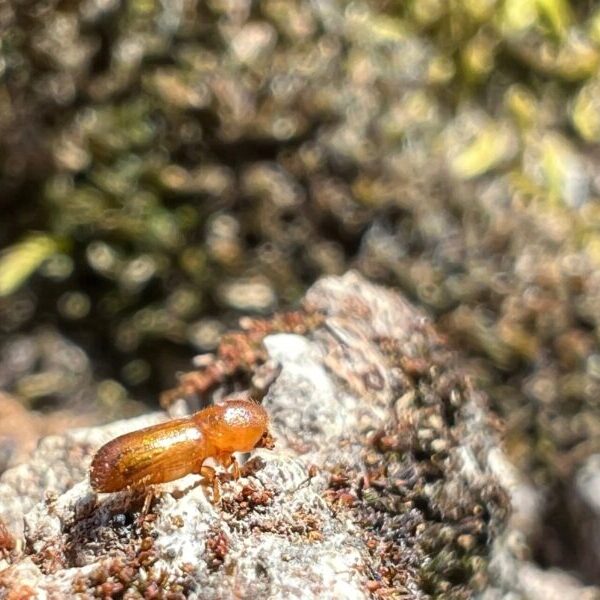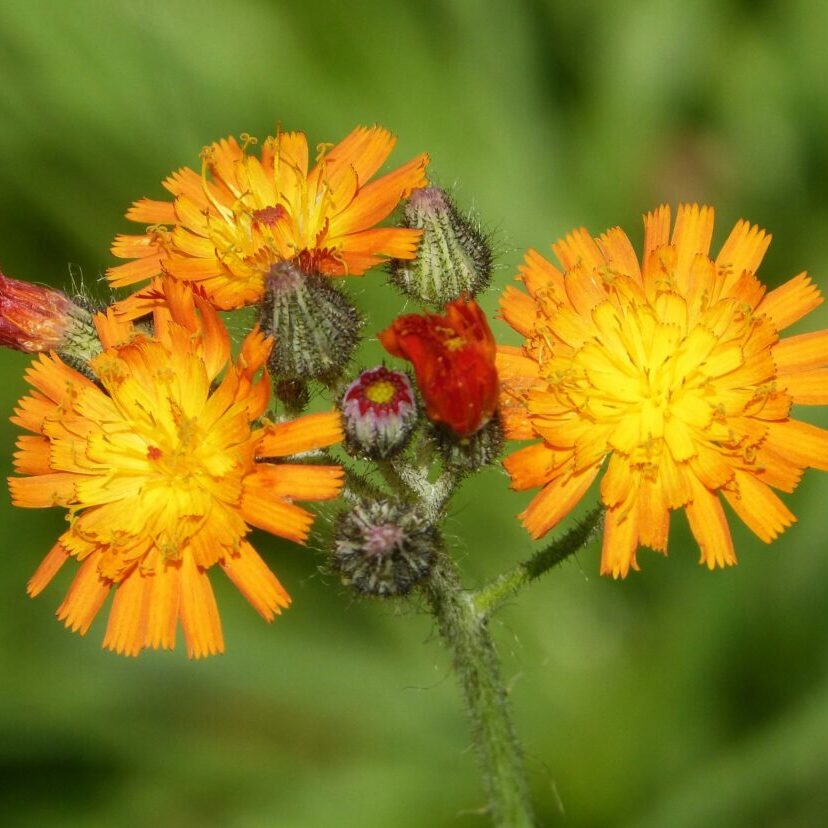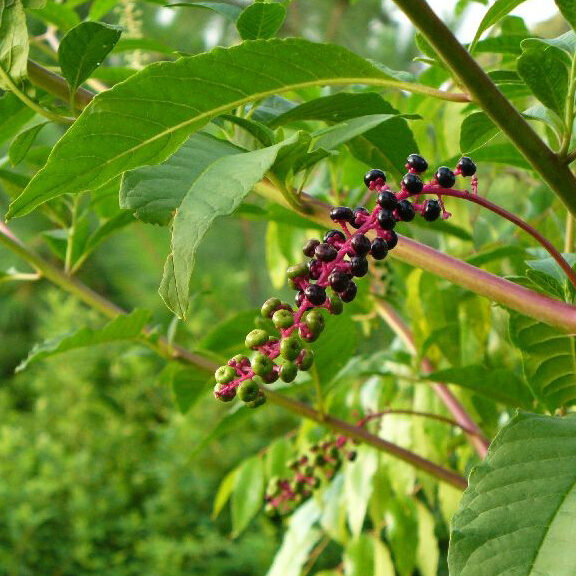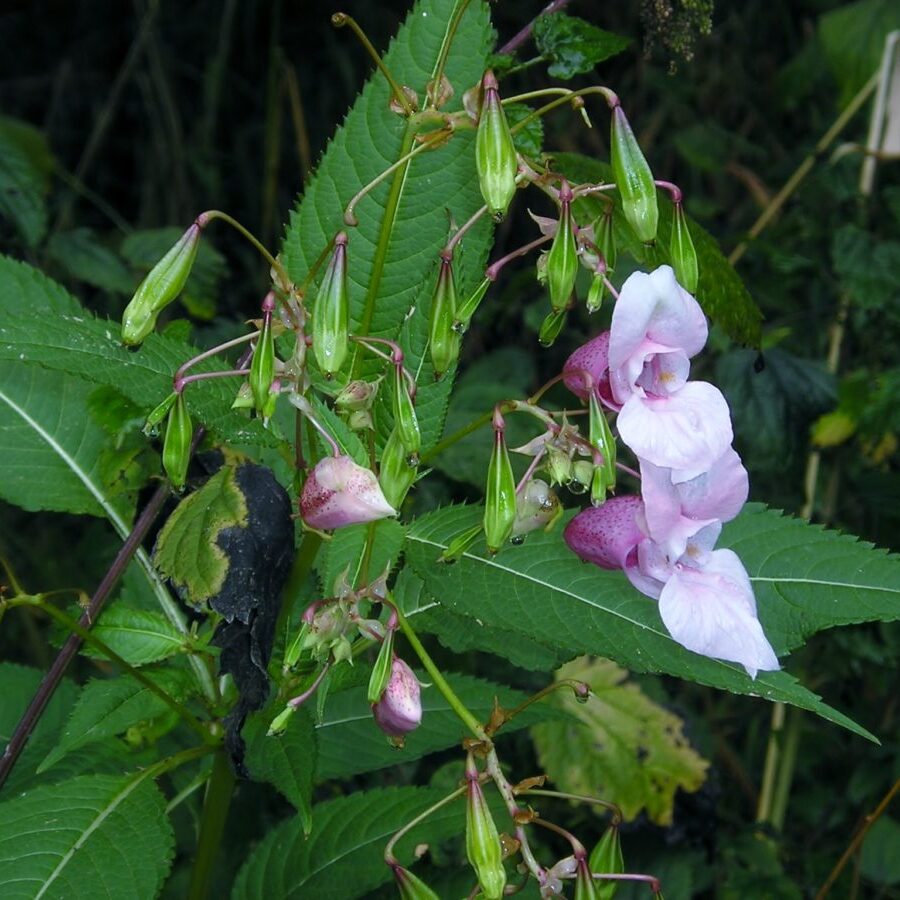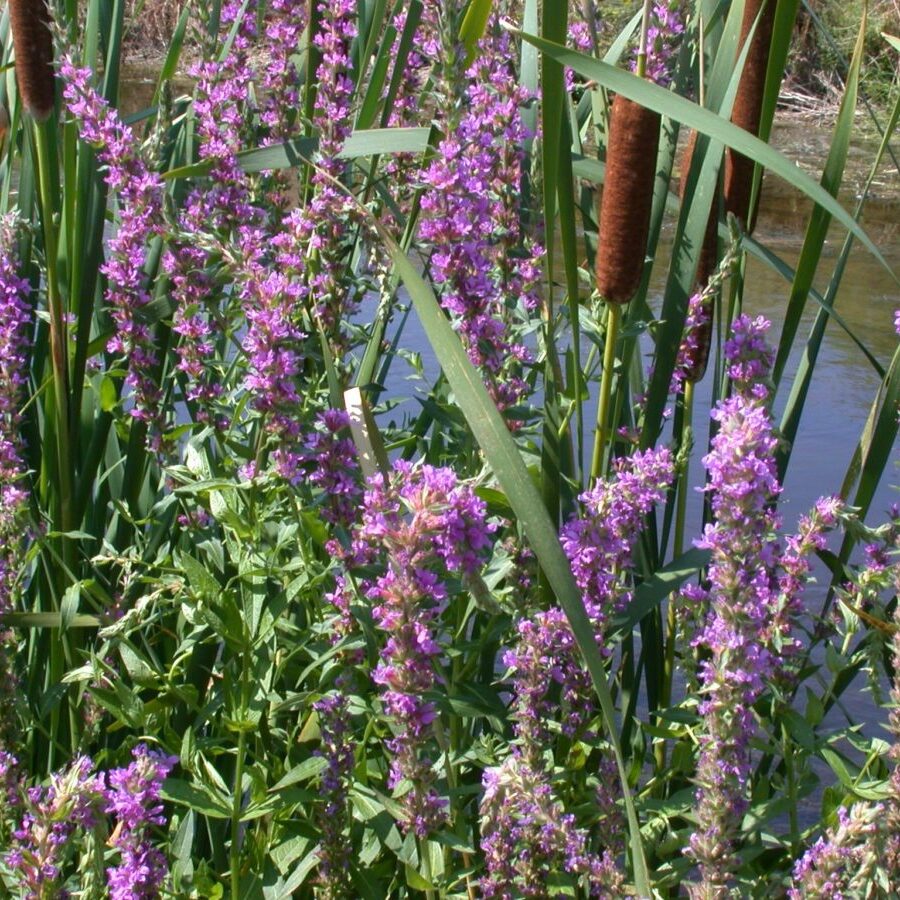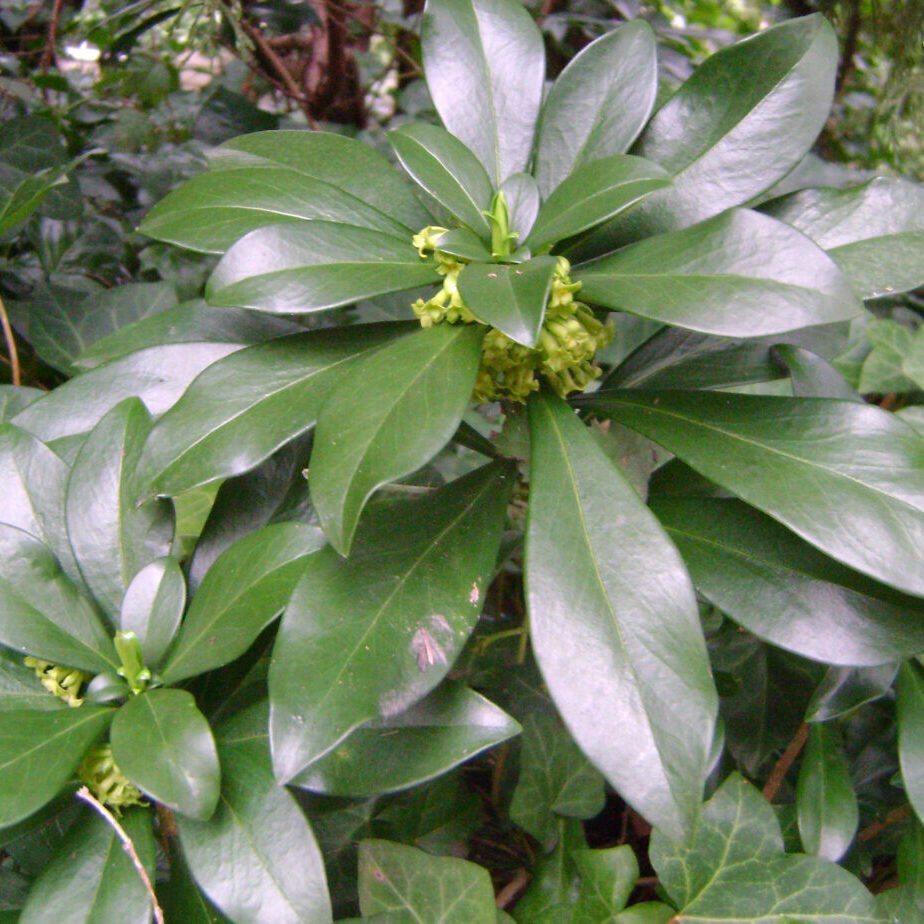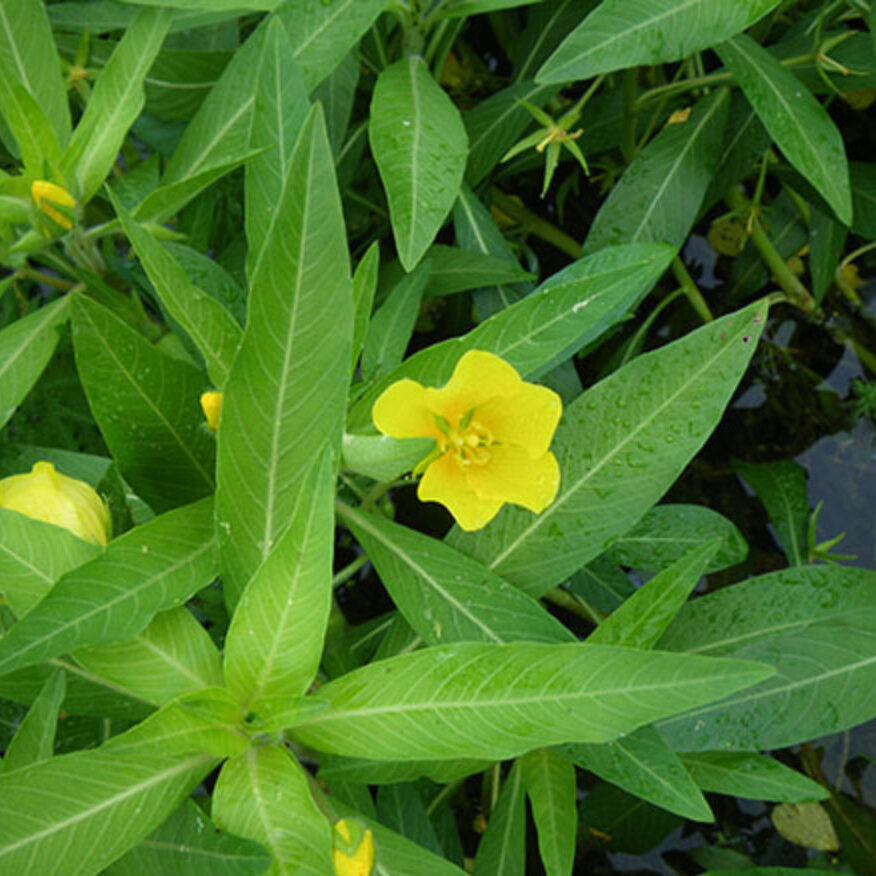Invasive Species Management
Services
How we can help:
-
Check
We can help you determine whether you have a high priority weed or insect. See this list of common invasive plants in Portland.
Learn more about invasive plants -
Ask us
We can answer your questions about controlling invasive species on your property.
-
Treat
We will directly manage high priority Early Detection-Rapid Response (EDRR) weeds or insects on your property.
See our EDRR weed list -
Manage
We can help you develop a conservation plan or active restoration project, which can lead to help with managing more common invasive weeds such as English ivy, reed canary grass, and Armenian blackberry.
Priority focus
Early Detection-Rapid Response (EDRR)
We locate and manage high risk invasive weeds before they can become established in our region. We target species that pose the greatest risk to our local ecology and economy and are still manageable because they are not yet widespread.
We also help partners find and manage destructive invasive insects such as the emerald ash borer.
EDRR species
Early Detection Rapid Response species
Staff contact
Michelle Delepine
Conservationist & Invasive Species Program Coordinator
Contact me about:
Invasive speciesKammy Kern-Korot
Senior Conservationist
Contact me about:
Oregon oak, savanna, wetlands and riparianRiparian areas The land alongside a stream, creek, river, or floodplain habitats; Emerald Ash and Mediterranean Oak Borers; conservation planning and native plantings for pollinators and other wildlife on rural lands.
